President Bola Hammed Tinubu recently inaugurated a 37-member tripartite National Minimum Wage Committee, emphasizing the need for decisions rooted in social justice and equity.
This move has sparked discussions on the intricacies of government spending and its impact on the minimum wage. In this article, we’ll delve into the key aspects of this issue, breaking down the complexities in everyday language.
Government Spending and Exchange Rates
The recent developments in the foreign exchange market have created a buzz, with the official and parallel rates diverging. The government’s efforts to clear the backlog of foreign exchange remittances raised expectations, leading to a temporary market response.
However, the gap between official pronouncements and market reality has fueled confusion. The lack of clarity and communication from government officials and the Central Bank of Nigeria has contributed to the prevailing uncertainty.
Supply and Demand Dynamics
The foreign exchange market operates on the principles of supply and demand, heavily influenced by perceptions. The discrepancy between announced plans and their actual implementation has left businesses and individuals uncertain about the availability of dollars.
This uncertainty, in turn, has led to a fluctuating exchange rate and added challenges for those dependent on foreign currency for various transactions.
Forensic Audits and Market Impact
The government’s decision to employ forensic auditors to scrutinize bids has further muddled the situation. The market has responded to this with skepticism, questioning the rationale behind restricting access to foreign exchange based on audit findings.
This lack of coherence in communication and policy has created an atmosphere of confusion, affecting businesses and individuals trying to navigate the foreign exchange landscape.
The Optics of Government Spending
The Optics of government spending paint a picture of a country grappling with economic challenges. Despite reports of loans being serviced with billions of dollars, the impact on internal demands is evident.
The disconnect between official statements and the reality on the ground contributes to a sense of financial strain. The need for a more transparent and consistent communication strategy becomes paramount to instilling confidence in the populace.
Minimum Wage Debates and Governance
As the minimum wage debate takes center stage, questions arise about the financial prudence of some state governments. The discrepancy between increased federal allocations and the failure to meet salary obligations raises concerns.
The lifestyle of certain government officials, juxtaposed with the financial struggles of workers, adds to the perception of inconsistency in governance. The minimum wage issue becomes not just about the numbers but also about the priorities and values reflected in government actions.
Conclusion
The link between government spending and the minimum wage is a complex web that involves communication, transparency, and a deep understanding of economic dynamics.
As citizens grapple with the challenges of an uncertain exchange rate and debates over the minimum wage, a clear and consistent approach from the government is crucial.
The optics of government spending must align with the realities faced by the populace, fostering a sense of shared responsibility in navigating these economic uncertainties.





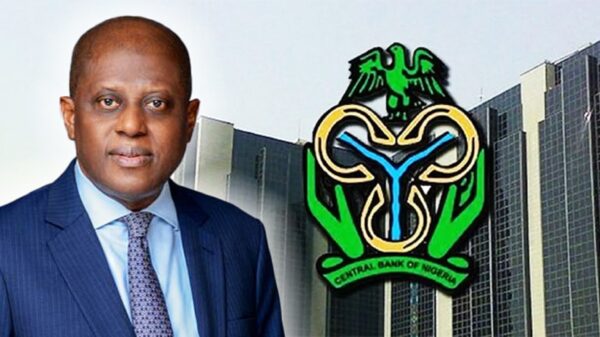






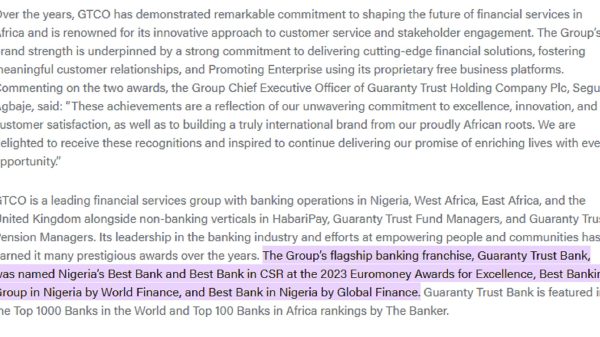



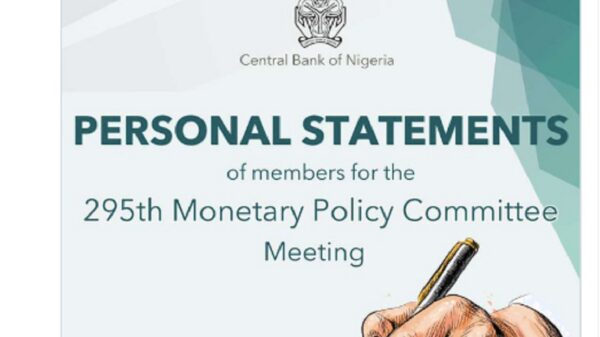

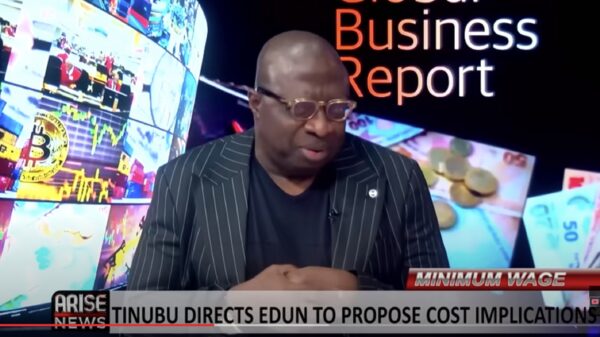

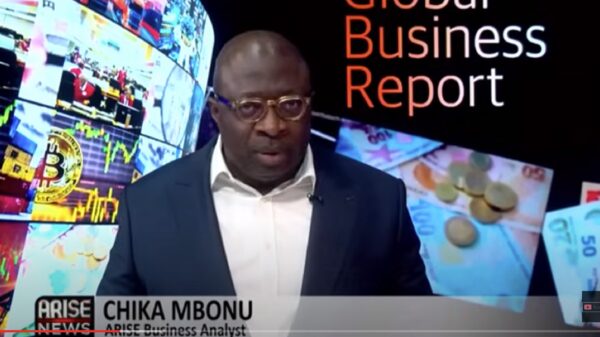






























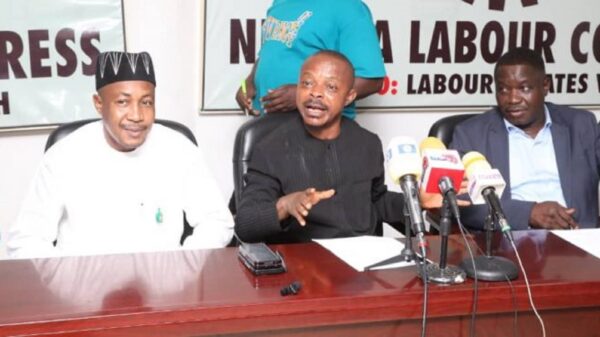
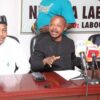
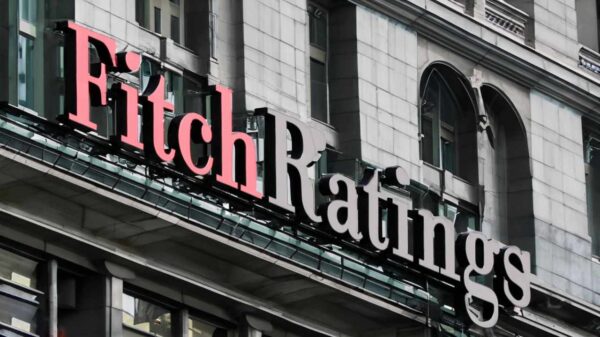

You must be logged in to post a comment Login